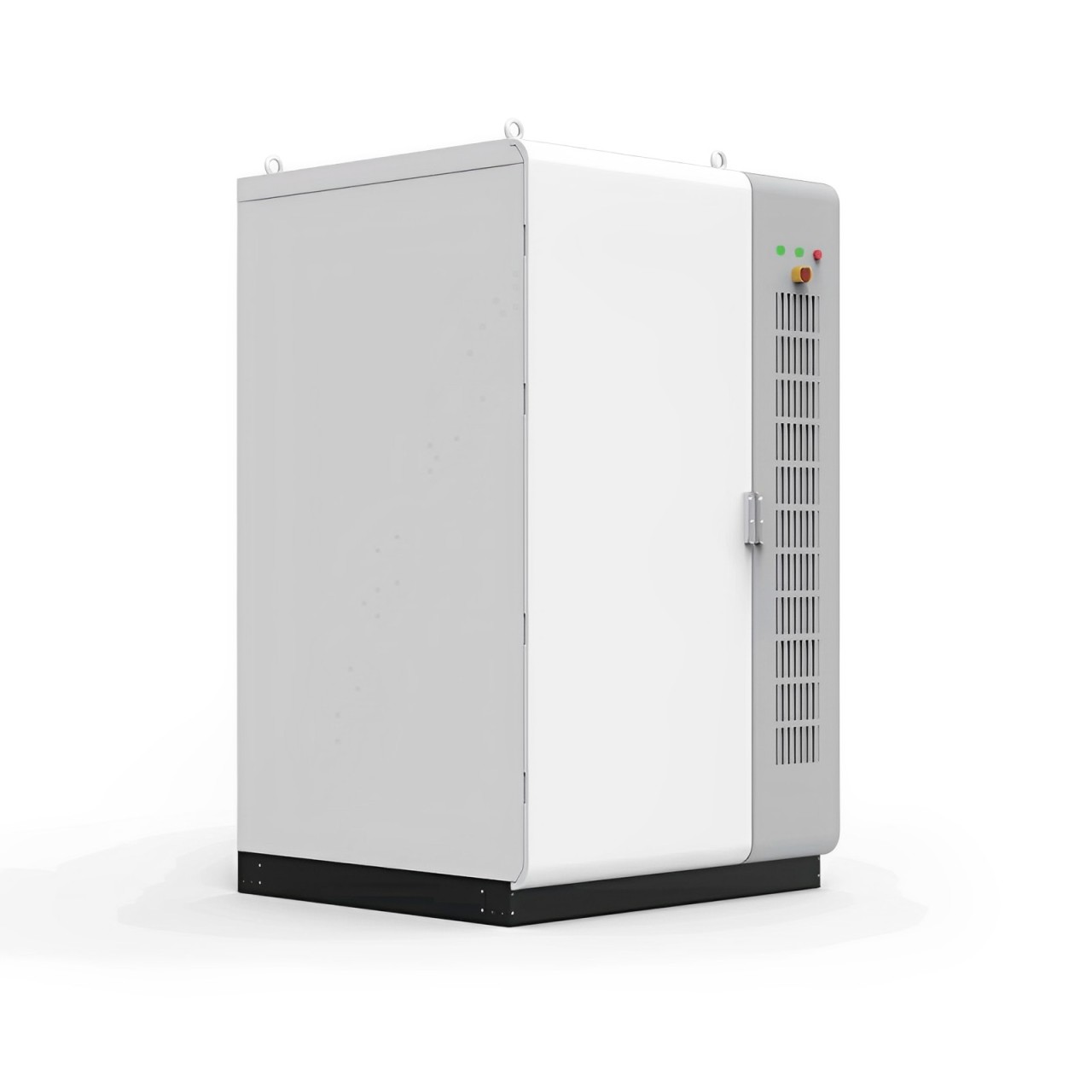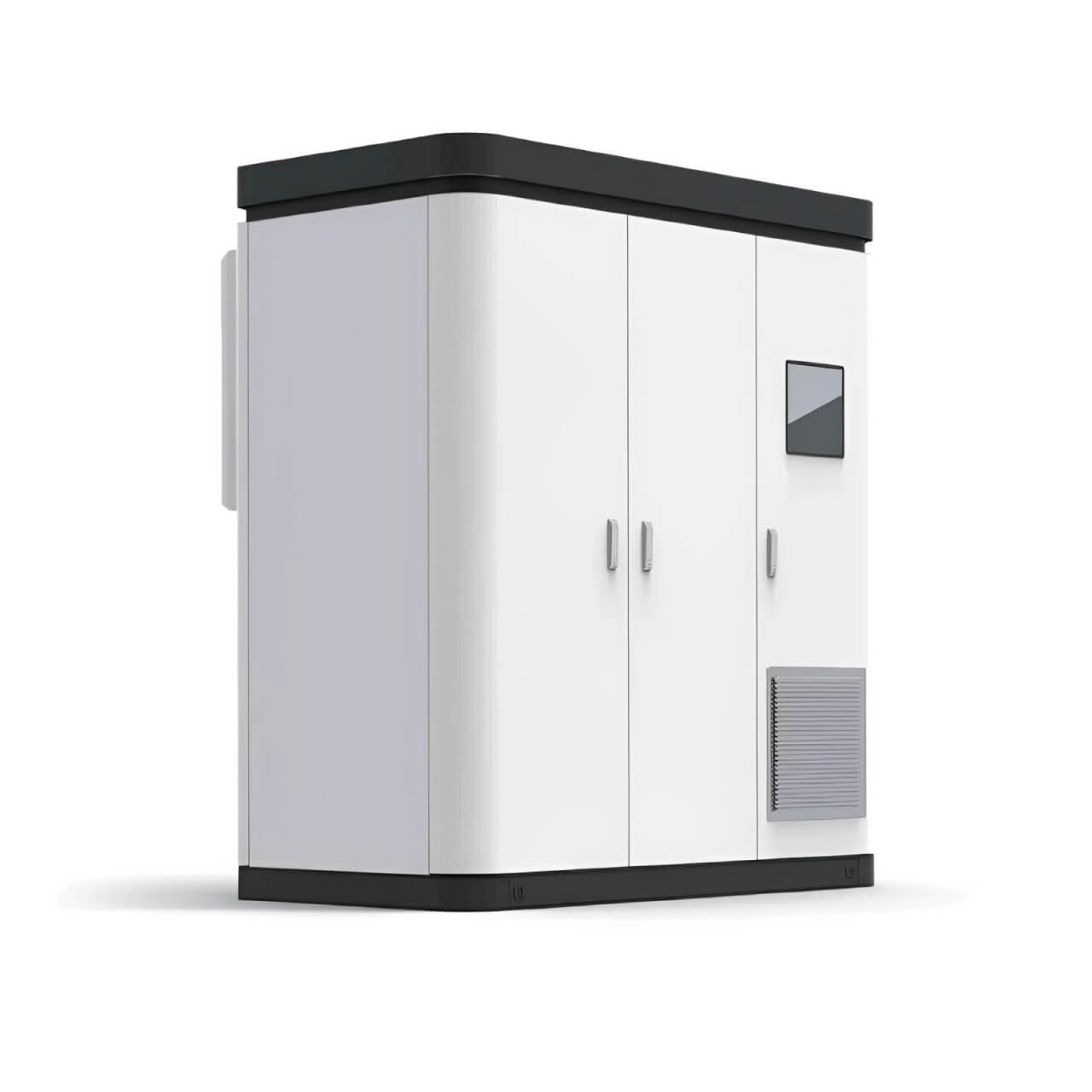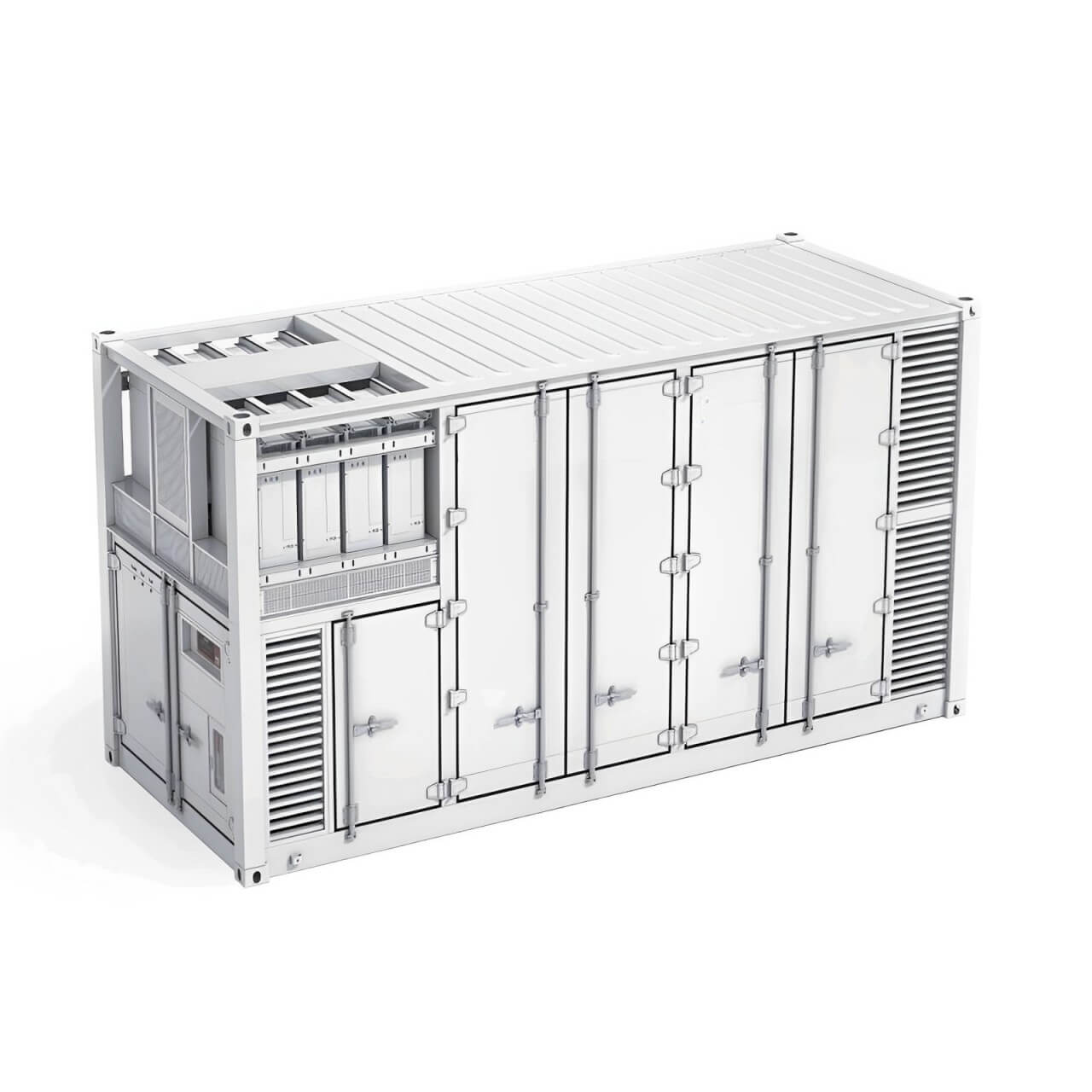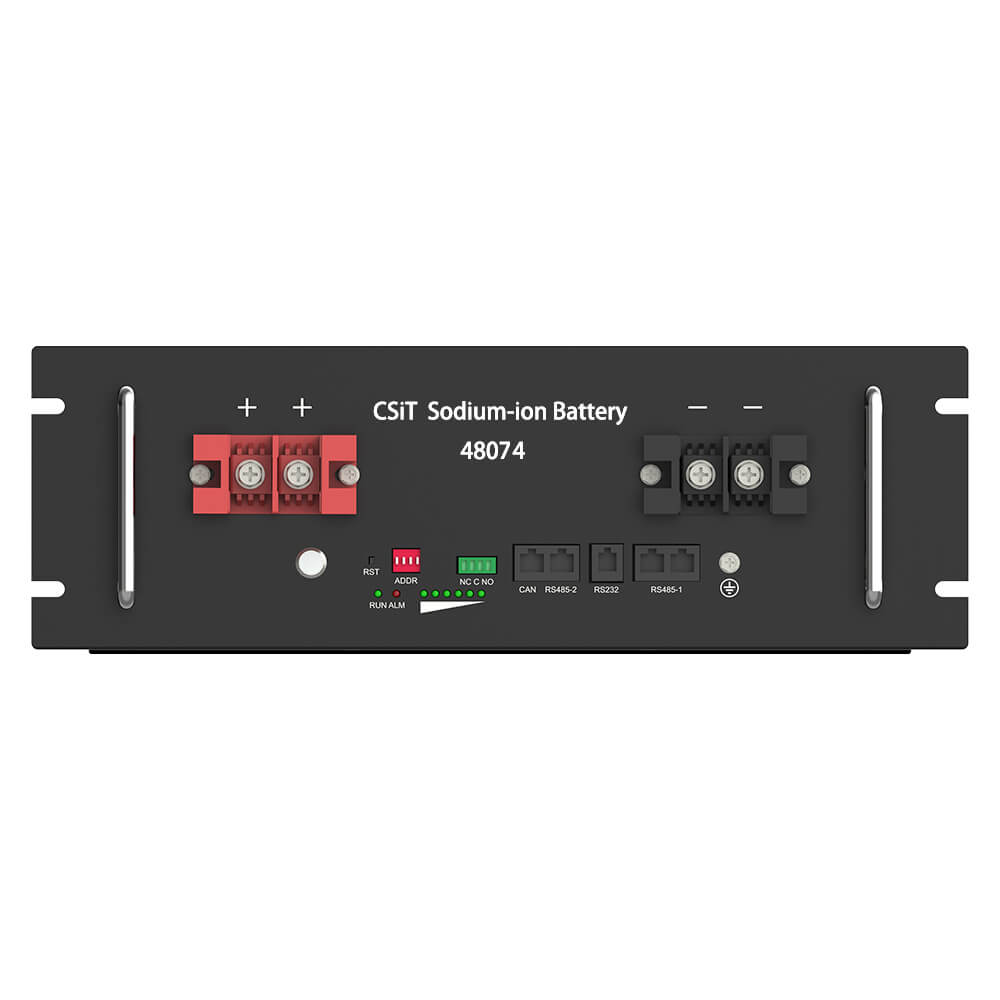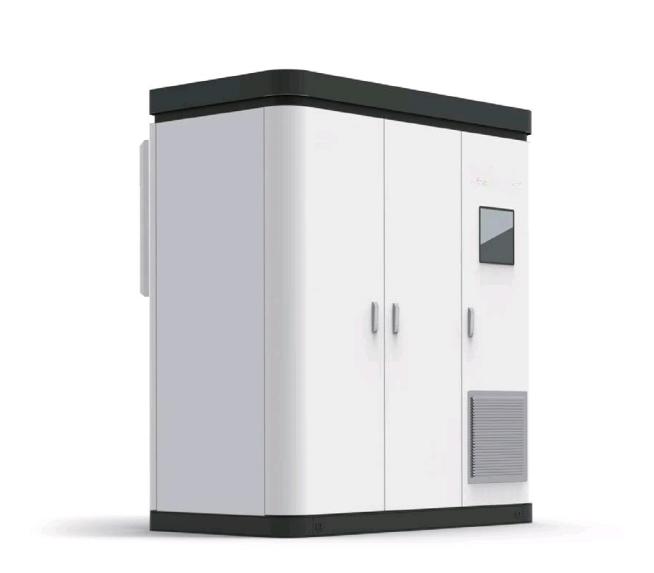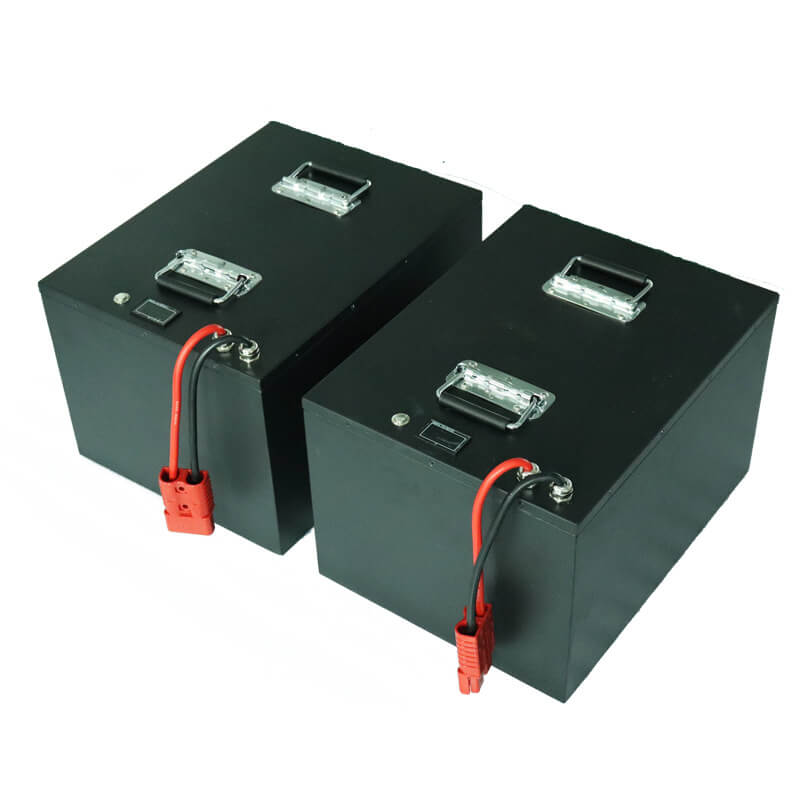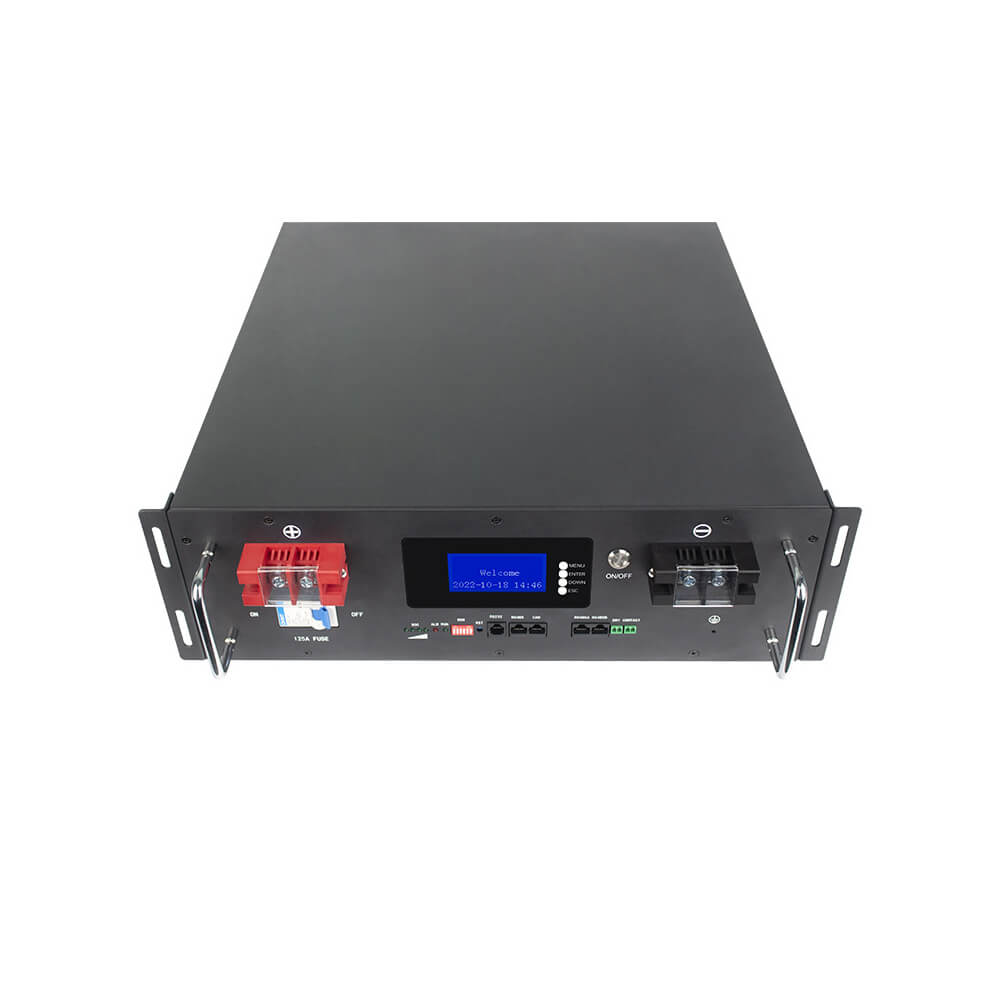How Do Portable Solar Panels Work?
With the growing concern about environmental impact and the dwindling number of fossil fuels, the world is increasingly adapting to using clean energy using sustainable sources. One of the most efficient energy sources is solar energy. Since there are more countries near the equator line, most areas get an average of 12 hours of sunlight per day, while areas closer to the poles get an average of 5 to 8 hours of sunlight.
Conventional solar panels have come a long way in many technological advancements. Due to reasons like ease of use, convenient way of generating electricity, and eco-friendliness, the popularity of portable solar panels is increasing day by day. They are helpful for indoor applications, outdoor activities, and travel. Here is a comprehensive guide on the working mechanism, benefits, and factors of portable solar panels to make an effective buying decision.
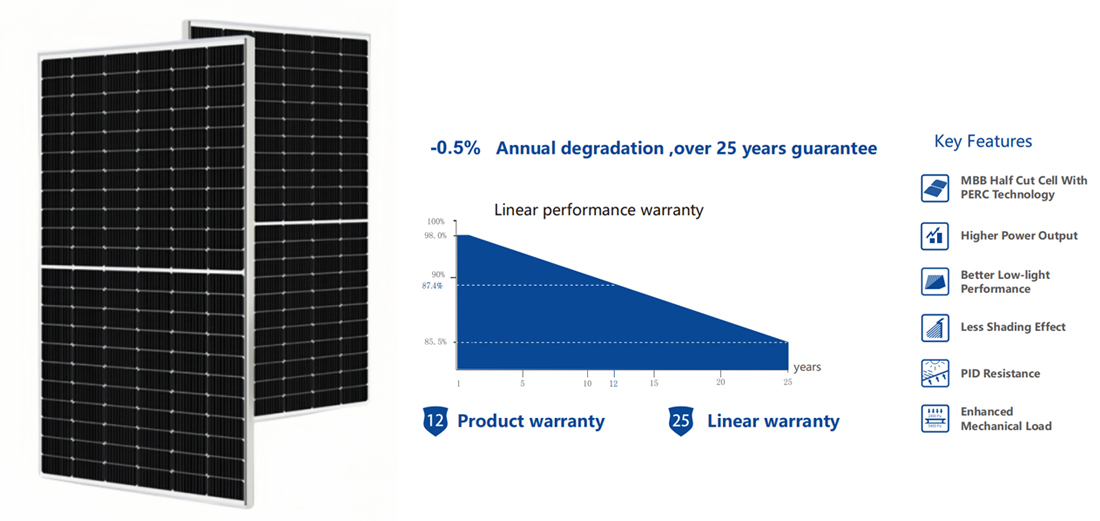
What are portable solar panels?
As the word “portable” indicates, these solar panels involve components that are very small in size. These panels are easy to install and can be carried anywhere. Just like typical solar panels, they are easy to store and transport. Here are some popular portable solar panels:
Foldable portable solar panels can convert solar energy into electricity through a charge controller. The controller is connected to the device’s battery for charging. They are usually used for outdoor activities. Foldable solar panels are typically made of durable material with built-in handles.
Rollable solar panels are designed to be easy to store and transport. Because the materials used are flexible, they are ideal for portable use.
Briefcase As the name suggests, portable solar panels are designed to look like a briefcase and are very compact and easy to carry. They are made of durable materials used in various outdoor activities.
Backpack solar panels are designed to be carried like a backpack. Therefore, they are very lightweight and compact in size. These devices can have built-in charging ports to charge electronic devices on the go.
How do portable solar panels work?
Just like standard solar panels, portable solar panels involve the photovoltaic effect for electricity generation. This effect is possible due to the application of semiconductors to convert light energy into electrical energy. One of the commonly used semiconductors in solar panels is silicon. When sunlight hits the panel, the electrons in the silicon atoms get excited and begin to generate an electric current. Solar panels are connected in series to increase the current output and voltage.
Portable solar panels can have many components:
Solar cells: Solar cells convert sunlight into electrical energy.
Charge controller: The charge controller of a portable solar panel works by regulating the solar panel to portable solar cells. Batteries store the electricity generated by the solar panels. You can use them to recharge them later.
Converter: This converts the direct current stored in the battery into an alternative currency used in most electronic devices. If you are using a portable solar panel, you can connect a charger cable to the panel. The charge controller in the solar panel regulates the charge flow of electricity to ensure that the device is charged safely and efficiently.
Portable solar panels can be charged both directly and indirectly. Direct charging refers to connecting the device directly to the solar panel without a battery, but with a built-in solar charger. These are designed to receive low voltage and low current output. Indirect charging involves storing the electricity generated by the solar panel and then using it to charge the device. Some common devices that can be charged using portable solar panels are smartphones, laptops, tablets, cameras, power banks, portable speakers, camping lights, GPS devices, etc.
Benefits of Using Portable Solar Panels
Portable solar panels have several advantages:
1. Environmental Benefits
Unlike the use of fossil fuels, portable solar panels are able to produce clean energy. It is a sustainable and eco-friendly option to go off-grid. You can power up your electronic devices without any harmful pollutants or greenhouse gases. These devices reduce the reliance on fossil fuels, help reduce carbon footprint, and mitigate climate change.
2. Economic Benefits
Using portable solar panels also helps in improving economic benefits. When you rely on using portable solar panels, you can significantly reduce your energy costs and provide free renewable energy. They require minimal maintenance and have a long lifespan, so you can maximize your investment. They are also beneficial for living in remote areas, almost off the grid.
3. Convenience and Portability
Whether you are hiking, backpacking, or camping, portable solar panels are a reliable power source instead of using a diesel generator. Camping solar panels are convenient to carry with their portability and other robust features to sustain outdoor environments. You can easily set them up and need any electrical outlet.
4. Survival and Emergency Situations
Portable solar panels are useful during emergencies and natural disasters. These outdoor solar panels are a reliable source of power if there is no other source of electricity. You can charge your cell phone, radio, and other basic devices to stay connected with others and receive messages.
Factors to Consider When Choosing a Portable Solar Panel
1. Power and Power Output
An important factor to consider when choosing a portable solar panel is your power and power output requirements. Determine the power requirements of the charging device and choose the solar panel power accordingly.
2. Size and Weight
The market offers many portable solar panels in a range of sizes and weights. Consider a unit that is easy to carry and transport. Make sure to measure the size and weight of the solar panels when folded or rolled after they are fully set up.
3. Durability and Sturdiness
Portable solar panels are designed for outdoor use in harsh weather and environments. Therefore, choosing a portable solar panel with durable materials and a sturdy surface is essential to withstand harsh weather, bumps, and knocks.
4. Accessories and Features
You must also consider their other accessories and features. They can enhance the functionality and convenience of the panel. They usually have features like integrated battery packs, USB ports, LED lights, carrying cases, and waterproofing. Therefore, choose a solar panel with features based on your specific needs and budget.
Lighter and more convenient than diesel generators, portable solar panels are an alternative for all your outdoor activities, whether you are going camping, hiking, or backpacking in remote areas without power. They offer a sustainable way to power electronic devices by converting sunlight into electricity. They can be folded, rolled, and carried like a backpack, and you are ready to enjoy your outdoor plans. Consider the above buying factors to make an informed decision with your portable solar panel.
Frequently Asked Questions
1. How do solar panels convert sunlight into electricity?
Solar panels are made of a thin layer of silicon. During the photoelectric effect, which is the conversion of sunlight into electricity, photons knock electrons off silicon atoms. The resulting current is captured by the solar panel's wires. The semiconductor material in solar panels contains two layers of silicon, one with a positive charge and the other with a negative charge. This flow of electrons can create an electric current that can be used as electricity. The resulting current from direct current is then converted into alternating current, which is used to power homes and commercial complexes through an inverter.
2. What are the benefits of using solar panels?
Solar panels can help you generate electricity as a renewable energy source and reduce the carbon footprint of your home. There are many other benefits to the installation of solar panels:
Provides free electricity to reduce the need to draw electricity from the gridIt is a sustainable, clean energy source that does not produce any harmful emissionsUtilizes fossil fuelsReduced carbon footprint means less impact on the environmentMaintenance required to regularly clean and inspect solar panels will be reducedHome and commercial properties with solar panels installed can increase their value and sell faster
3. How much do portable solar panels cost?
The cost of portable solar panels varies depending on size, quality, and features. On average, a basic portable solar panel with a capacity of 100 watts costs between $100 and $300. More advanced and efficient models can cost over $500. Keep in mind that additional accessories such as batteries, inverters, and charge controllers can also increase the overall cost. It is important to research and compare different brands and models to find one that best suits your needs and budget.
4. How long will a portable solar panel last?
The average lifespan of a portable solar panel ranges from 25 to 30 years. But this can vary depending on the quality, type, and brand of the panel. The efficiency of the panel may gradually decrease over time due to exposure to outdoor weather conditions and battery degradation. Make sure your portable solar panels are cleaned regularly and stored properly.

 简体中文
简体中文 Russian
Russian French
French German
German Japanese
Japanese Korean
Korean Arabic
Arabic Spanish
Spanish